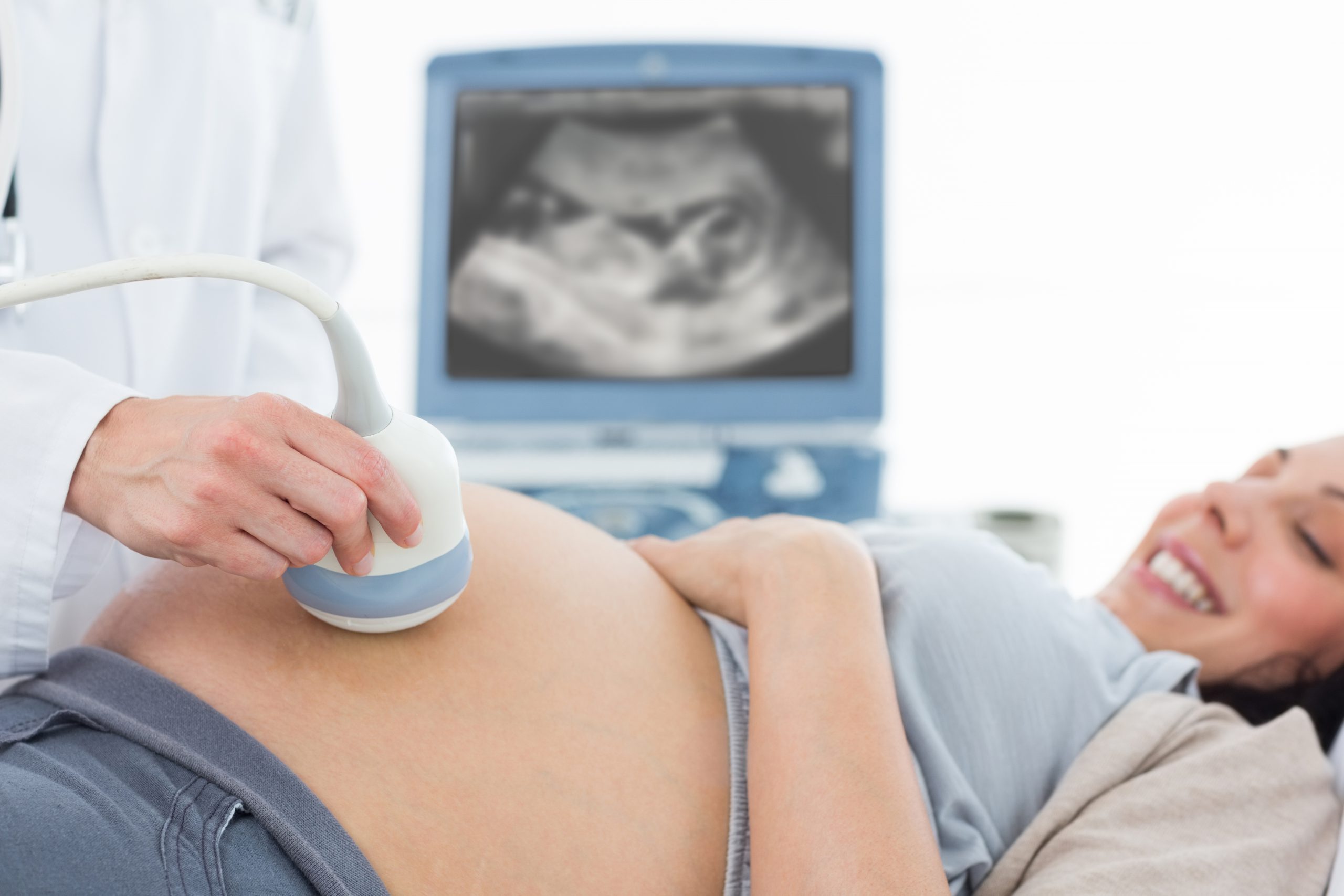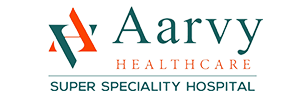
Non-Invasive Cardiology
Specialists:
Appointment duration:
30 minutes
Appointment price:
₹1000
Maintaining a healthy heart is crucial for overall well-being, and advancements in medical technology have paved the way for non-invasive cardiology. At Aarvy Healthcare Super Speciality Hospital, we are proud to offer state-of-the-art non-invasive cardiology services that prioritize patient comfort and accurate diagnosis. In this blog, we will explore the process, benefits, and reasons to choose non-invasive cardiology at our esteemed hospital.
Process of Non-Invasive Cardiology:
Non-invasive cardiology refers to diagnostic procedures and treatments that do not require any incisions or surgical intervention. This approach relies on advanced imaging techniques and other non-invasive methods to assess the structure and function of the heart. At Aarvy Healthcare, our team of skilled cardiologists utilizes the following techniques:
Echocardiography: This painless procedure uses sound waves to create detailed images of the heart. It allows our experts to evaluate the heart’s chambers, valves, and overall function, enabling early detection of abnormalities.
Electrocardiography (ECG): ECG records the electrical activity of the heart through electrodes placed on the skin. This test helps identify irregular heart rhythms, detect previous heart attacks, and assess the effectiveness of cardiac treatments.
Stress Testing: Stress tests assess how well the heart functions during physical exertion. By monitoring heart rate, blood pressure, and ECG responses during exercise, our cardiologists can evaluate cardiovascular health and diagnose conditions such as coronary artery disease.
Holter Monitoring: A Holter monitor is a portable device that records the heart’s electrical activity over 24 to 48 hours. This test aids in the diagnosis of irregular heart rhythms and provides valuable insights into heart function during daily activities.
Benefits of Non-Invasive Cardiology:
Non-invasive cardiology offers several advantages over traditional invasive procedures, including:
Safety: Non-invasive procedures eliminate the risks associated with surgery, such as infections, bleeding, and anesthesia-related complications. Patients can undergo diagnostic tests or treatments without the need for hospitalization or lengthy recovery periods.
Comfort: Non-invasive techniques are painless and non-traumatic, ensuring patient comfort throughout the entire process. These procedures are generally quick and require little to no downtime, allowing individuals to resume their daily activities promptly.
Accuracy: Advanced imaging technologies used in non-invasive cardiology provide highly detailed and precise information about the heart’s structure and function. This allows cardiologists to make accurate diagnoses, leading to more effective treatment plans and improved patient outcomes.
Early Detection: Non-invasive tests can detect heart conditions in their early stages, enabling timely intervention and preventing further complications. Regular screenings using non-invasive techniques can help identify risk factors, allowing for preventive measures to be implemented.
Physician consultation is a good opportunity and you should be prepared for it.
- Carry all necessary medical records for the discussion. It helps in better understanding your heart condition and avoids repetition of diagnostic tests.
- Make sure you discuss your past medical history, surgical history, family history, and medications that you are taking.
- Discuss about your lifestyle habits, dietary habits and also about your profession. Your lifestyle and nature of job may be associated with the risk for cardiac diseases.




